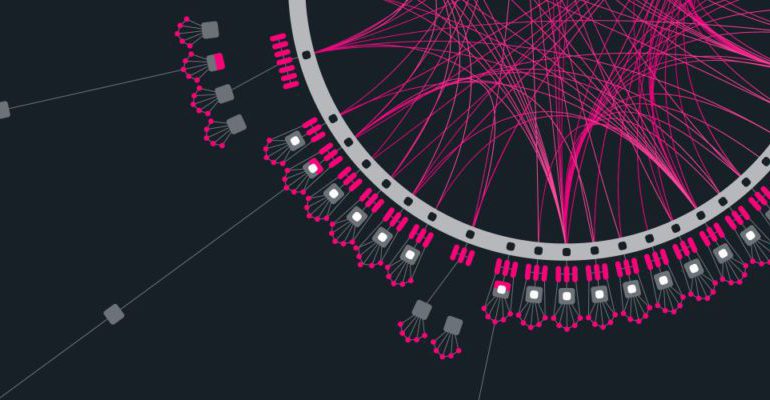How Blockchain Is Shaping The Indian Fintech Sector?

A new financial system called decentralized finance (DeFi) is emerging as an alternative to the established economic system. The Fintech sector is changing due to DeFi and blockchain technologies. DeFi ventures utilizing blockchain technology do not need intermediaries to offer services, including purchasing, selling, lending, and borrowing crypto assets, in contrast to traditional banking. It assists in omitting all fees assessed at each stage by intermediaries.
The most significant impact that blockchain-enabled DeFi projects can bring about is accessibility. With a few smartphone clicks, anyone on the globe can borrow or lend cryptocurrency. DeFi gives users more power over their possessions. Users can conduct trades utilizing decentralized exchanges or directly engage with the blockchain network to gain financial services.
Also Read: Here are top DeFi and NFT Projects to Keep a Track in 2022
Possibility Of Reinventing Finance
Let’s examine an example to demonstrate how blockchain and DeFi might transform the financial industry. Let’s say you want to obtain a loan. How would you respond? Most people would choose to apply for a loan through a bank. Let’s now go over the procedures needed to complete this. The first step would be for a bank to determine your creditworthiness after due diligence. It would retrieve all of your financial information for you.
Later, you would have to describe why you require the loan and give further details regarding your financial situation. These specifics would consist of salary stubs, bank statements, and other pertinent paperwork. The bank would then demand that you provide collateral if you default. The sanctioning and disbursement of the loan, if the bank decides you are deserving enough to receive one, will take at least a few days.
Think about how the same process would play out if blockchain and cryptocurrencies were used. If you have any cryptocurrency, you may quickly and easily borrow money from any location worldwide by using it as collateral. The disbursement of the loan would take only a few seconds. Decentralized finance is the term for this kind of financing.
Rise Of Blockchain-Powered And DeFi-Powered Fintech Services
Compared to conventional approaches, DeFi can make lending and borrowing based on collateral considerably simpler. DeFi breaks free from the hegemony of the established financial system and can completely transform contemporary finance. Because blockchain technology uses automatic cryptographic digital signatures to protect borrower and lender identities, you don’t need to be concerned about security.
Millions of transactions are completed daily in the financial services sector, where cost-effectiveness, security, and transparency are top priorities. Nearly 45% of financial intermediaries, including services for money transfers and stock exchanges, are attacked yearly by cyberattacks.
Blockchain technology’s inherent security and openness are helping it become more and more popular. This technology could completely transform financial services such as the stock market, banking, asset management, and insurance.
The insurance sector is one of the essential DeFi and blockchain application cases. Today’s insurance system is hampered by complicated paperwork, audit systems, and procedures, as can be seen. Using blockchain-based smart contracts in such a situation might dramatically increase industry productivity.
The expansion of DeFi-based prediction platforms, where users can exchange money by correctly predicting the results of future events, has been spurred by the surge in DeFi adoption. Additionally, the public can validate and verify all blockchain transactions.
Using digital currencies and distributed ledger technology, payments may be scaled up more quickly, inexpensively, and effectively. Even central banks are testing blockchain because of its potential to save time, money, and effort. Additionally, it can help with a real-time gross settlement between independent, commercial, and central banks.
Blockchain technology can help banks streamline their KYC procedure since it has become a prerequisite for providing financial services. It can automate client identification by offering a single digital source of ID and other information. This would enable the seamless interchange of papers between banks and other sources, lower fraud, and boost real-time authentication.
The financial services sector considers blockchain and DeFi more secure and effective technology sources. DeFi and blockchain will develop new features and improvements in scalability and security as more individuals enter the digital asset industry.




























































